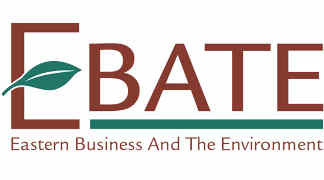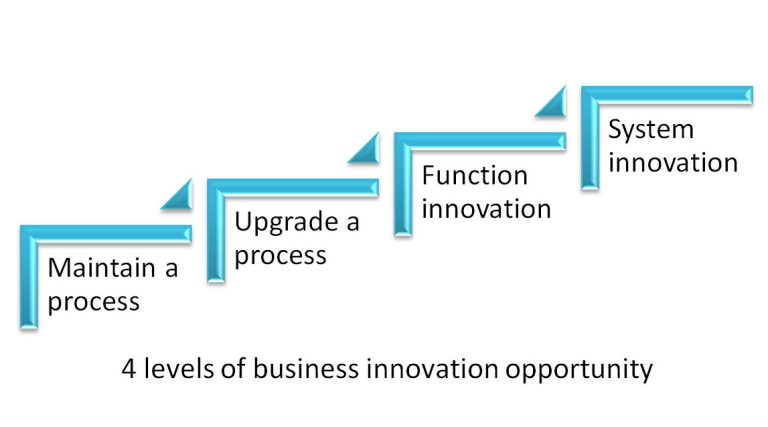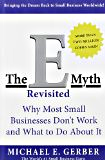7 design principles for Regenerative Business
I got seriously interested in sustainability years ago, during post-graduate studies. I was fortunate to be introduced through great books like “Natural Capitalism”, “Cradle to Cradle” and “Biomimicry”.
 Along with a mass of detail and lots of “reasons why” sustainability was important, I found a set of straightforward strategies that challenge out-of-date 20th century assumptions about the “how” of doing business. I went looking for a book that summarised them in straightforward business language, but I couldn’t find one. (So I wrote one.)
Along with a mass of detail and lots of “reasons why” sustainability was important, I found a set of straightforward strategies that challenge out-of-date 20th century assumptions about the “how” of doing business. I went looking for a book that summarised them in straightforward business language, but I couldn’t find one. (So I wrote one.)
Design principles for a Regenerative Economy
The fundamental design principles for a regenerative economy seem to boil down to the following 7 challenges to common business assumptions:
- Everything is a service: challenges our ways of thinking on how we make and supply our customers. The more we know about what customers value in a product (it’s “service”), the more flexibility we have to design regenerative ways to deliver it.
- There are no wastes: challenges implicit assumptions that un-usable waste is acceptable or desirable.
- Design for total safety: challenges the need to use hazardous materials and our capability to control dangerous effluents.
- Design for remanufacture: challenges one-way thinking by demanding that we design materials and processes around the reality of our closed-loop ecosystem.
- Use LOTS less: challenges incremental-only improvements, proposing reductions to one-quarter (Factor 4) and one-tenth (Factor 10) of current resource usage as stretch goals to shift thinking about what’s possible.
- Use/copy natural processes: puts a focus on the wealth of design solutions available to us – and that most of them have organic, room temperature process solutions.
- Think small, local and smart: challenges “heroic” thinking that big is better and that there can be “one size fits all” supply models.
Using the principles…
While the principles aren’t a silver-bullet ‘answer’ they provide an important framework for making in a shift in business thinking. They form a new form of common-sense in the face of the rapid shift in environmental circumstances in which business is now done. Increasingly, they’re being proven to not only be practical, but also very profitable.
They’re deeply grounded in business development and supply chain thinking. They’re not “everything you need to know” – however they’re a good start to the exciting journey of regenerative business.
Essentially, the principles are intended to spark the process of thinking differently. They’re not rules, they’re not standards to evaluate success or failure. They’re ways to put attention on the assumptions we make about how business is done so we can explore exciting, profitable new ways to do business.
Describe what you DO want…
If you don’t want what’s happening at the moment, then have an alternative!
The good news is that there is one, and the better news is that there are proven win/win/win strategies that will enable many businesses to make good money, improve their eco-systems and build their surrounding communities.
If you don’t know what they are, it’s time you did. Get reading, find your local CleanTech network, get online. Check out our RESOURCES to get started.
If all you can do is rage at “selfish business people” and “evil capitalists” then are you really helping? Or are you part of the problem – generating resistance from the people you’re blaming?





